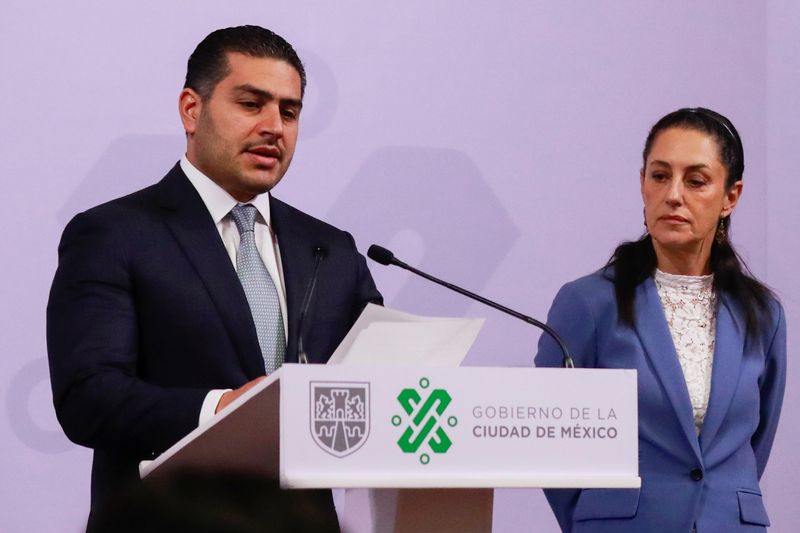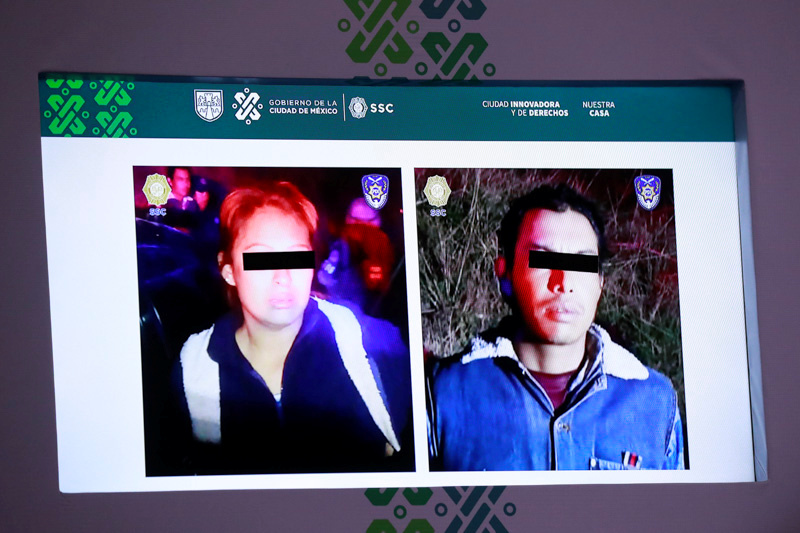
On March 8 of this year, the Chamber of Deputies passed the Fatima Law, which promotes the training, training and sensitivity of public servants to complaints of gender-based violence. This in order to prevent the victim from being revictimized, now Movimiento Ciudadano insists that this initiative be ratified in the Senate of the Republic.
With a unanimous vote of 449 expressions in favor, the deputies meeting in the plenary of the House approved the reform of the General Law on Administrative Responsibilities (LGRA), which will make it possible to make visible the problems faced by girls and women throughout Mexico when they have to be addressed by gender-sensitized civil servants.
Specifically, an addition will be made to the first paragraph of Article 7 of the Act, which warns that one of the problems faced by women victims of violence is to be re-victimized by public servants at the time of filing their complaint and that this malpractice nullifies the correct enunciation and visibility of facts of this nature.

Consequently, it is understood that the formation of databases and statistics on violence against women is flawed, since the poor documentation of these events provides erroneous data, which have been interpreted by the State and subsequently addressed.
This initiative is named after Fatima in reference to Fatima Cecilia, a 7-year-old girl who was reported missing on February 11, 2020 after leaving her primary school in the Xochimilco mayor's office, Mexico City. Later, on the 15th of that month, she was found lifeless in the Tláhuac mayor's office. Given this, the creation of a law was initiated that would prevent this from happening again, since the local authorities were already aware of the environment of violence to which the victim was being subjected.
In this regard, Ana Katiria Suárez Castro, lawyer in the Fatima case, enumerated the inconsistencies on the part of the authorities, since when the facts were reported, they acted without a gender perspective, which allowed the aggressor to proceed more violently against the minor.

1.- Before the disappearance, the family had asked the DIF to go to the house of Fatima for the violations of which the brother was a victim. The call was to prevent attacks on her brother and her. The DIF knew the help they had requested, but did nothing.
2.- After her disappearance, the authorities asked for 72 hours to start searching, they did not consider the age of the child under 7 years old.
3.- In the FGR and the CDMX Public Prosecutor's Office there were no criminal proceedings against school workers due to lack of elements.
It was for this reason that at the time of legislating, it was requested that this reform should have a binding scope for the protection of women regardless of their age. It was also stressed that this law needs to promote the sensitivity of public servants to this issue.
The lawyer also pointed out that this case and its slow approval must highlight the issue of gender violence, in addition to this approval, she demanded that it be elevated to law that, in the event of any indication of aggression, be linked to the process of femicide because it has a history of violence.
KEEP READING:
Últimas Noticias
Debanhi Escobar: they secured the motel where she was found lifeless in a cistern

The oldest person in the world died at the age of 119

Macabre find in CDMX: they left a body bagged and tied in a taxi
The eagles of America will face Manchester City in a duel of legends. Here are the details

Why is it good to bring dogs out to know the world when they are puppies




